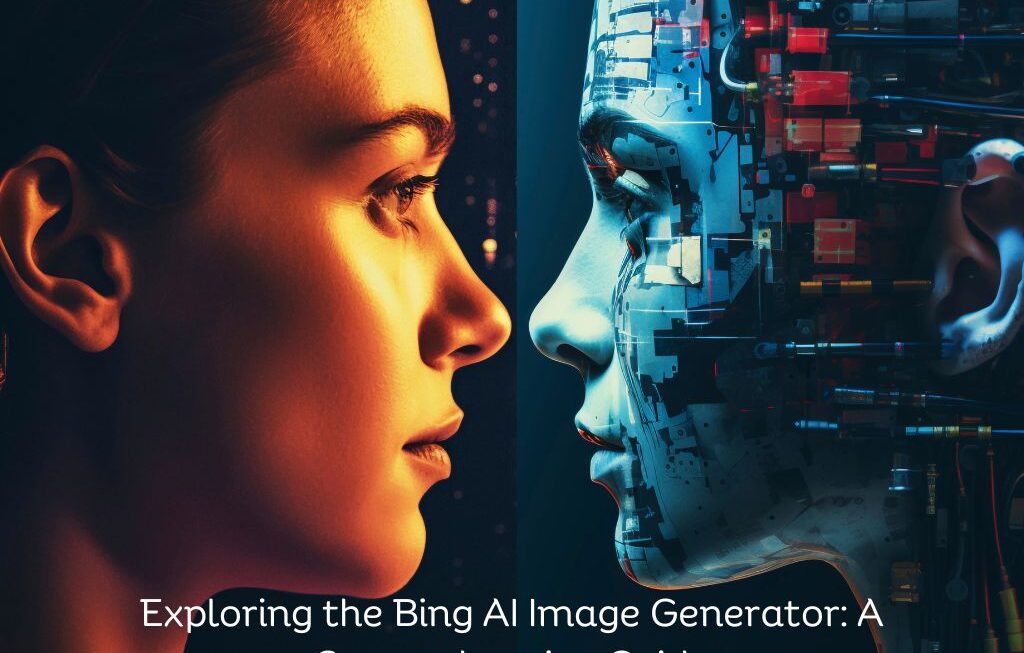Generative AI (Gen AI) is revolutionizing various sectors by creating innovative and practical content from large data sets using advanced neural network models.
This technology is ushering in numerous applications, particularly improving customer engagements and accelerating the drug discovery process.
This article examines the basic principles of generative AI, investigates its extensive applications, and evaluates its significant impact on the business world.
AI chatbot development services are also important as they offer a range of solutions for customer support, sales and automation.
Understanding Generative AI
Generative AI describes a type of artificial intelligence capable of independently creating new data by recognizing patterns and details it has absorbed from extensive datasets.
Utilizing sophisticated algorithms and neural networks, AI chatbot development services technology effectively deciphers and comprehends the foundational structures within the data it examines.
The generative nature of this AI is especially effective in producing authentic simulations and models, which can be utilized for training, testing, and, in some cases, substituting real-world functions.
The Essence of Generative AI Applications
Generative AI applications stand out due to their ability to generate new content by recognizing and learning patterns from data.
It operates through complex neural networks that are trained on vast datasets using various learning methods, such as unsupervised, supervised, or semi-supervised approaches.
These AI models excel at identifying intricate patterns and correlations within large volumes of data, enabling them to create outputs that closely replicate the original inputs. This capability makes generative AI a powerful tool in many technological applications.
This function is supported by comprehensive, pre-trained foundational models and AI chatbot development services that are versatile across various tasks.
How Generative AI Works?
Fundamentally, generative AI applications are structured around multiple layers of neural networks, which are trained using supervised, unsupervised, or semi-supervised learning techniques.
These models excel at recognizing complex patterns within data, utilizing these patterns to create new data instances that resemble the original inputs.
Importance of Generative AI Applications
1. Augmented Data Generation: Gen AI can enhance data quality by creating synthetic datasets that replicate the original data. This strategy provides a more robust foundation for training machine learning models while preserving the privacy and security of the underlying data.
2. Innovative Drug Development: Generative AI applications accelerates pharmaceutical research by synthesizing data on molecular structures and their potential interactions. This capability substantially reduces both the time and cost involved in the drug industry making the process simpler.
3. Advanced Manufacturing: In industries such as automotive and aerospace, AI chatbot development services play a crucial role in designing optimized components tailored to meet specific criteria, such as reduced weight or enhanced durability. This application of AI significantly boosts overall production efficiency by ensuring that components are both effective and economical.
4. Creative Media and Marketing: Generative AI application tools are adept at producing on-demand creative content, whether it’s text, images, or complete marketing campaigns. These tools can customize content to cater specifically to different audiences or intended purposes, making them highly versatile in their application.

Impact on Industry: Based on Generative AI Applications
The deployment of generative a game-changer in a variety of industries:
– Retail and E-Commerce: Generative AI applications transform shopping experiences by predicting consumer nature by their regular habitual actions customizing consumer interactions, and enhancing inventory management with predictive analytics. Retailers can now effectively predict customer needs, customize services to match, and manage inventory more efficiently, boosting both customer satisfaction and operational perks.
– Automotive: Gen AI applications extend beyond manufacturing to significantly enhance autonomous driving technology. It does so by generating realistic training simulations that help refine vehicle AI systems, ensuring they are equipped to manage real-world driving scenarios.
– Finance: In the financial sector, generative AI applications are instrumental in risk analysis, fraud detection, and algorithmic trading, by analyzing extensive financial data to create predictive models that inform smarter, more secure financial decisions.
Advantages of Generative AI Solutions
The advantages of implementing generative AI are substantial and diverse:
– Enhanced Efficiency: By automating mundane tasks, generative AI application significantly reduces the time and resources needed for completing projects, such as content creation or data analysis.
– Improved Decision Making: Gen AI provides companies with access to refined, high-quality insights, enabling more informed and strategic decision-making processes.
– Boosted Creativity: Gen AI pushes the boundaries of conventional thinking, empowering companies to discover novel ideas and innovative solutions that were once beyond reach.
– Superior Quality of Outputs: The quality of content produced by gen AI, whether text, images, or intricate data models, typically exceeds that of human-made outputs in terms of both speed and precision.
Conclusion
Gen AI is profoundly reshaping not just the technological realm but also the operational and competitive frameworks of various industries.
This advanced technology enables the crafting of detailed customer profiles and the design of forward-thinking products tailored to meet future demands. The potential uses of gen AI are limited only by the data available and the innovative spirit of its implementers.
As an increasing number of organizations adopt this technology, there’s a clear increase in productivity, efficiency, and the ability to tailor offerings, which are setting new benchmarks and shifting expectations across multiple sectors.
This adoption signals a significant transformation, indicating that gen AI is a major player in setting the course for future industry developments.














